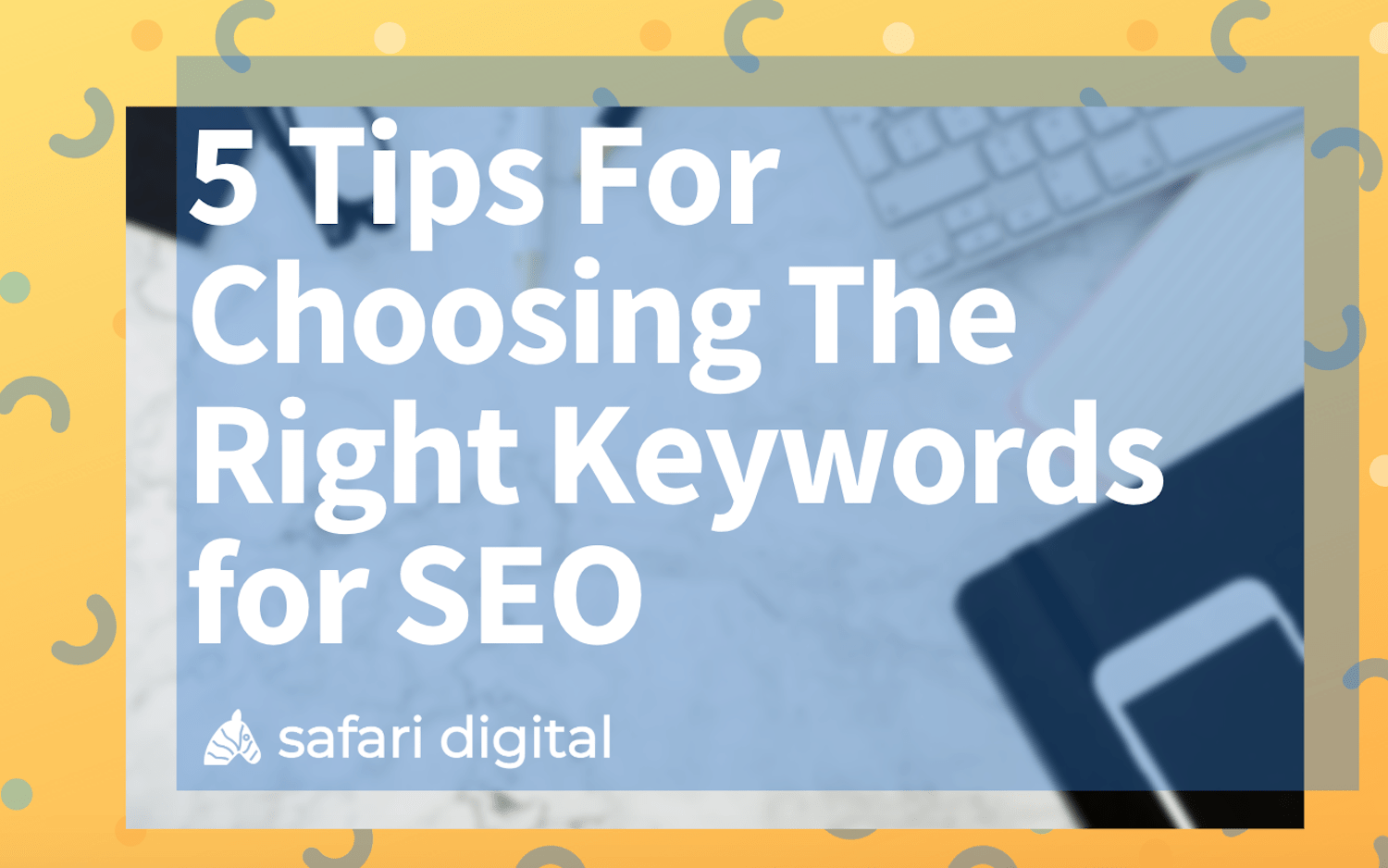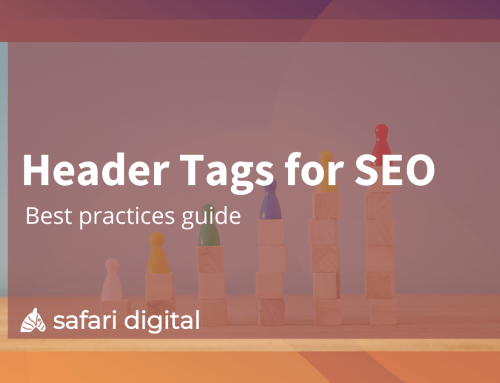
Choosing the right keywords or key phrases for your website is arguably the most important step in a successful search engine optimisation campaign. No matter how complete your on-site SEO and off-site SEO efforts are, if you’re targeting the wrong keywords, you’re setting yourself up for failure.
Selecting the most effective keywords that are going to connect with your target audience takes time, but the results will justify the effort. Here are the most important things to consider when selecting keywords to use in your SEO campaign.
Think Like a Customer
In order to connect with your target audience, you need to start thinking like them. Identify who your target audience is and put yourself in their position to create your initial list of keywords. As yourself; “If I wanted to find the product (or service) that my business is offering, what would I search in Google?”.
Getting in the mind of your customer can be tough when you’re so close to your business. It helps to consults friends, family, and even current customers to get their opinion on phrases that they would use when searching for your product or services.
Research Your Competition
If you don’t already have one, make a list of your main competitors (think like Richard Nixon). If you don’t have access to a full-service SEO tool that can provide an in-depth traffic analysis of your competitor’s most valuable keywords, simply compile a list of the names of their landing pages. Providing your competitor has done their keyword research, each of their pages should be targeting 1-2 specific key phrases or keywords.
Analysing your competitor’s keywords will give you a better idea of the keywords that you should be targeting, the ones you may be forgetting, and broaden your ideas.
Use Keyword Research Tools
Even if you don’t have access to a full-service SEO tool, there are a number of free SEO tools that can provide powerful insights into your traffic. Using Google Analytics, Keyword Planner, and Google Search Console, you can gather data on keyword volume, keyword competition, and current search trends. Keyword research tools provide invaluable information on how to choose keywords.
Keyword segmentation, intent, and which pages you are going to target selected keywords on all play a critical role in ensuring that you do not have keyword cannibalisation and that you are able to effectively target the right keywords. For instance, when we created Safari Digital, we knew that we would need pages to rank in different major cities in Australia. Through careful selection, we are able to identify that we could effectively target search terms like Gold Coast SEO Services on a single ‘Gold Coast’ target page. On the flip side of that, we knew that we would not be able to effectively target all locations on a single page – a common mistake by many SEO practitioners.
Use Long Tail Keywords
Long tail keywords are a combination of three or more words or phrases. In SEO, long tail keywords are more likely to be used by customers further along in the buying cycle. As a result, long tail keywords have a much higher conversion rate than general keywords. Choose long tail keywords that help to specify the product or service that you are offering.
For example, a customer who is beginning to search for a new sofa is more likely to use general key phases in the ‘information search phase’ of the buying process. Take for example:
“Blue Sofa”
Ranking for ‘blue sofa’ is probably going to be quite difficult. The search engine results are going to be dominated by informational pages, social pages, and large retailers that thoroughly explore the subject of blue sofas. If you’re a small to medium furniture retailer, it’s going to be very difficult to rank for this keyword. Not only is it going to be very difficult, it’s also unlikely to generate any sales for your business.
Compare that to the search term “Blue three seat sofa Sydney”. This long tail keyword demonstrates that the customer is much closer to making a purchase. They have decided colour (blue), size (three seats), and location (Sydney) and are now ready to evaluate where to buy the sofa. While ranking on page 1 for “Blue three seat sofa Sydney” will not attract as many visitors as “blue sofa”, it is far more likely to lead to a conversion.
Analyse the Results
Selecting and implementing your keywords is just the start. Keyword research must be viewed as an ongoing component of an SEO campaign. Analysing, reviewing and adapting is critical to your success in SEO. Data that is collected through Google Analytics and Google Search Console should inform changes to be made to your website. It’s important to understand that SEO is not ‘set and forget’, success in SEO is awarded to those that stay in tune with what the competition is doing and are able to implement changes according to search trends.







